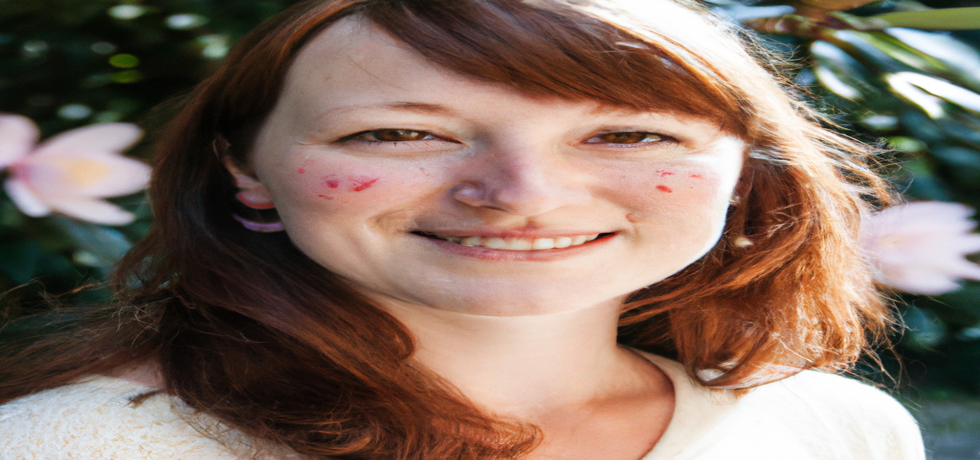
Discover Rosacea: The Complete Guide
An Insight into Rosacea
Rosacea is a skin condition that primarily affects the face, leading to persistent redness, flushing, and even acne-like breakouts. If you’re one of the many who experience these symptoms, you may be seeking effective rosacea treatment options. Understanding rosacea can help you manage your symptoms and improve your skin’s appearance and comfort.
Recognizing the Symptoms of Rosacea
Those with rosacea often notice a range of symptoms, including facial redness that may appear as a flushed complexion. Additionally, you might experience visible blood vessels, burning sensations, or even irritated eyes. Its important to recognize that these symptoms can sometimes be mistaken for acne, sunburn, or other skin reactions.
If you’re frequently experiencing skin irritation that seems unmanageable, it could be time to consult a dermatologist. A professional can provide tailored advice and confirm whether you are indeed dealing with rosacea and not another skin condition.
Understanding Triggers and Prevention
Rosacea flares can be unpredictable, often triggered by daily activities, weather changes, or exposure to certain irritants. Common triggers include hot weather, spicy foods, alcohol, and harsh skin care products. Keeping track of your triggers in a diary can help in managing your condition.
To prevent flare-ups, consider adopting a rosacea-friendly skincare routine that focuses on gentle cleansers and moisturizers. Avoid any products with irritating ingredients and consult with your dermatologist about suitable options.
Treatment Options for Relief
While there is currently no cure for rosacea, effective treatment can help minimize symptoms and flare-ups. Your dermatologist may recommend a combination of topical and oral medications designed to reduce acne-like breakouts and improve skin appearance.
Additionally, lifestyle adjustments can help manage rosacea. Avoiding known triggers and using soothing skincare products are key. Many patients find that using mineral-based makeup can offer some coverage without worsening symptoms.
Your Roadmap to Treating Rosacea
If you suspect you have rosacea, a visit to a dermatologist is crucial. They can create a personalized treatment plan tailored to your skin type and severity of the condition. Treatment plans may include daily skin care routines, medications, and lifestyle changes.
Remember, managing rosacea is a journey. Finding what works for you can take time, so be patient with yourself as you explore different options.
Frequently Asked Questions About Rosacea
Is rosacea contagious?
No, rosacea is not contagious and cannot be passed from one person to another. It is a skin condition that develops in individuals based on various factors, including genetics.
Can diet affect rosacea?
Yes, certain foods and drinks can trigger rosacea flare-ups. Keeping a food diary may help identify potential triggers in your diet.
Conclusion: Take Control of Your Skin
If youre struggling with rosacea, remember youre not alonemany people are navigating similar challenges. The key is to stay informed, recognize your triggers, and follow a treatment plan that works for you. For professional assistance and expert advice from leading dermatologists like Dr. Hital Patel, experience the benefits of discovering rosacea with Hair & Skin Specialist Dr. Hital Patel at The Skin Artistry. Our clinics in PDPU Gandhinagar, Vastrapur Ahmedabad, and Hyderabad (Visiting Consultant) offer top-quality care and personalized treatments. Visit us today to learn more about our services and take advantage of our special offers! For more insights, updates, or to collaborate, stay connected with The Skin Artistry.

